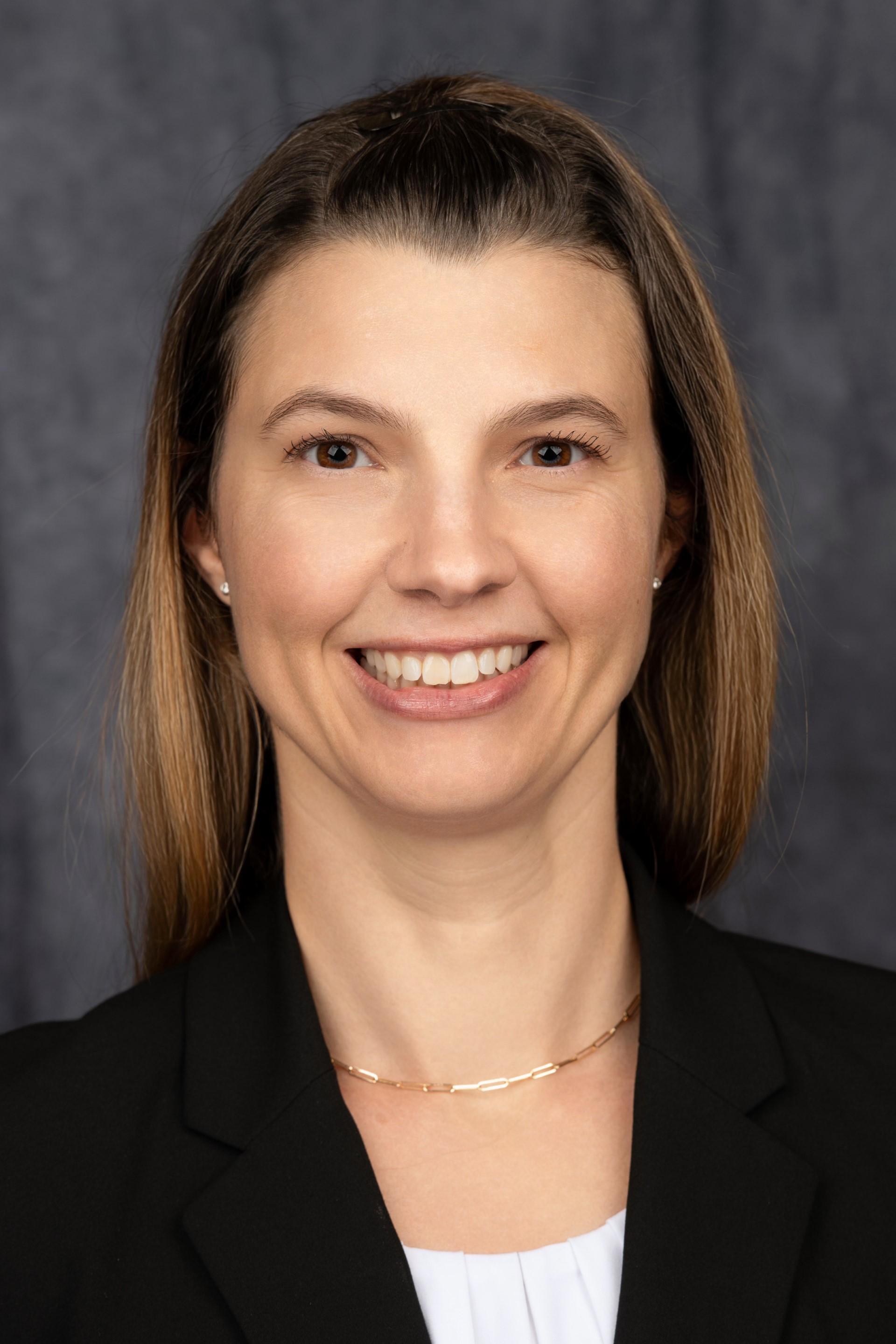
Optimizing Skeletal Health During Cancer Treatment: Diagnosing Osteoporosis and Preventing Fractures
SELF STUDY / ENDURING - ESTIMATED TIME TO COMPLETE ACTIVITY: 70 Minutes
Overview
Participants will explore the comprehensive domain of optimizing skeletal health during cancer treatment, focusing on diagnosing osteoporosis and preventing fractures. The session will highlight the bone remodeling process and the impact of cancer therapies on bone density. Attendees will differentiate among various risk factors for bone loss and the laboratory tests used to evaluate secondary causes. Additionally, the complexities of selecting, initiating, monitoring, and discontinuing osteoporosis medications will be addressed, emphasizing the challenges these processes pose in reducing morbidity and improving patient care.
Target Audience
This CME initiative was designed for oncologists, surgeons, radiation oncologists, NPs, PAs, pharmacists, nurses, and other healthcare professionals involved in the treatment of patients with cancer.
Learning Objectives
- Describe the bone remodeling process and key components of skeletal health for individuals with cancer.
- Discuss the risk factors for bone density loss and osteoporosis in individuals experiencing bone loss associated with cancer treatment.
- Identify the laboratory tests used to evaluate secondary causes of bone loss in individuals undergoing cancer treatment.
- Discuss strategies for selecting, initiating, monitoring and discontinuing osteoporosis medications to reduce morbidity in individuals with cancer.
Faculty

Sarah Keller, MD, MA
Staff Rheumatologist
Rheumatologic and Immunologic Disease
Assistant Professor
Cleveland Clinic Lerner School of Medicine
Cleveland Clinic Main Campus
Cleveland, OH
Dr. Sarah Keller is a Staff Rheumatologist at the Cleveland Clinic and Assistant Professor at the Cleveland Clinic Lerner School of Medicine. Her main area of clinical focus is osteoporosis and metabolic bone disease. She graduated from Princeton University with a BA in Philosophy before attending Columbia University where she earned an MA in French Language and Literature. She then attended medical school at the University of Rochester and graduated with distinction in clinical research and a focus in the medical humanities.
Upon graduation, she was inducted into the Alpha Omega Alpha and Gold Humanism Honor Society. She completed her internship, residency, and fellowship at Massachusetts General Hospital. She has previously done research in gout but now focuses on osteoporosis and specifically in the area of transplant osteoporosis and fracture prevention. She is the author of many book chapters and several research studies in the above areas.
Disclosures:
In accordance with the ACCME Standards for Integrity and Independence in Accredited Continuing Education, Horizon CME (HCME) ensures that continuing education activities are balanced, independent, objective, and scientifically rigorous.
All persons in a position to influence the content of an accredited continuing education activity provided by Horizon CME are required to disclose to HCME any relevant financial relationships with ineligible companies within the past 24 months. All reported relevant financial relationships have been mitigated by Horizon CME.
Sarah Keller, MD, MA discloses no relevant financial relationships with any entity producing, marketing, re-selling, or distributing healthcare goods or services consumed by, or used on, patients during the past 24 months.
Available Credit
- 1.25 AMA PRA Category 1 Credit™
This activity has been planned and implemented in accordance with the accreditation requirements and policies of the Accreditation Council for Continuing Medical Education (ACCME). Horizon CME is accredited by the ACCME to provide continuing medical education for physicians.
Horizon CME designates this Enduring activity for a maximum of 1.25 AMA PRA Category 1 Credit™. Physicians should claim only the credit commensurate with the extent of their participation in the activity.
Price
There are no fees for participating and receiving CME credit for this enduring activity. To receive CME credit participants must:
- Read the CME/CE information and faculty disclosures.
- Participate in the online activity.
- Complete the post-test
- Submit the evaluation form
DISCLAIMER:
This activity is designed for educational purposes. Participants have a responsibility to utilize this information to enhance their professional development to improve patient outcomes. Conclusions drawn by the participants should be derived from careful consideration of all available scientific information. The participant should use his/her clinical judgment, knowledge, experience, and diagnostic decision-making before applying any information, whether provided here or by others, for any professional use.
Required Hardware/software
Access to the internet is required.
Supported Browsers:
Internet Explorer 8.0+ for Windows 2003, Vista, XP, Windows 7, Windows 8.1 and above
Google Chrome 28.0+ for Windows, Mac OS, or Linux
Mozilla Firefox 23.0+ for Windows, Mac OS, or Linux
Safari 6.0+ for Mac OSX 10.7 and above
Supported Phones & Tablets:
Android 4.0.3 and above
iPhone/iPad with iOS 6.1 or above

 Facebook
Facebook X
X LinkedIn
LinkedIn Forward
Forward